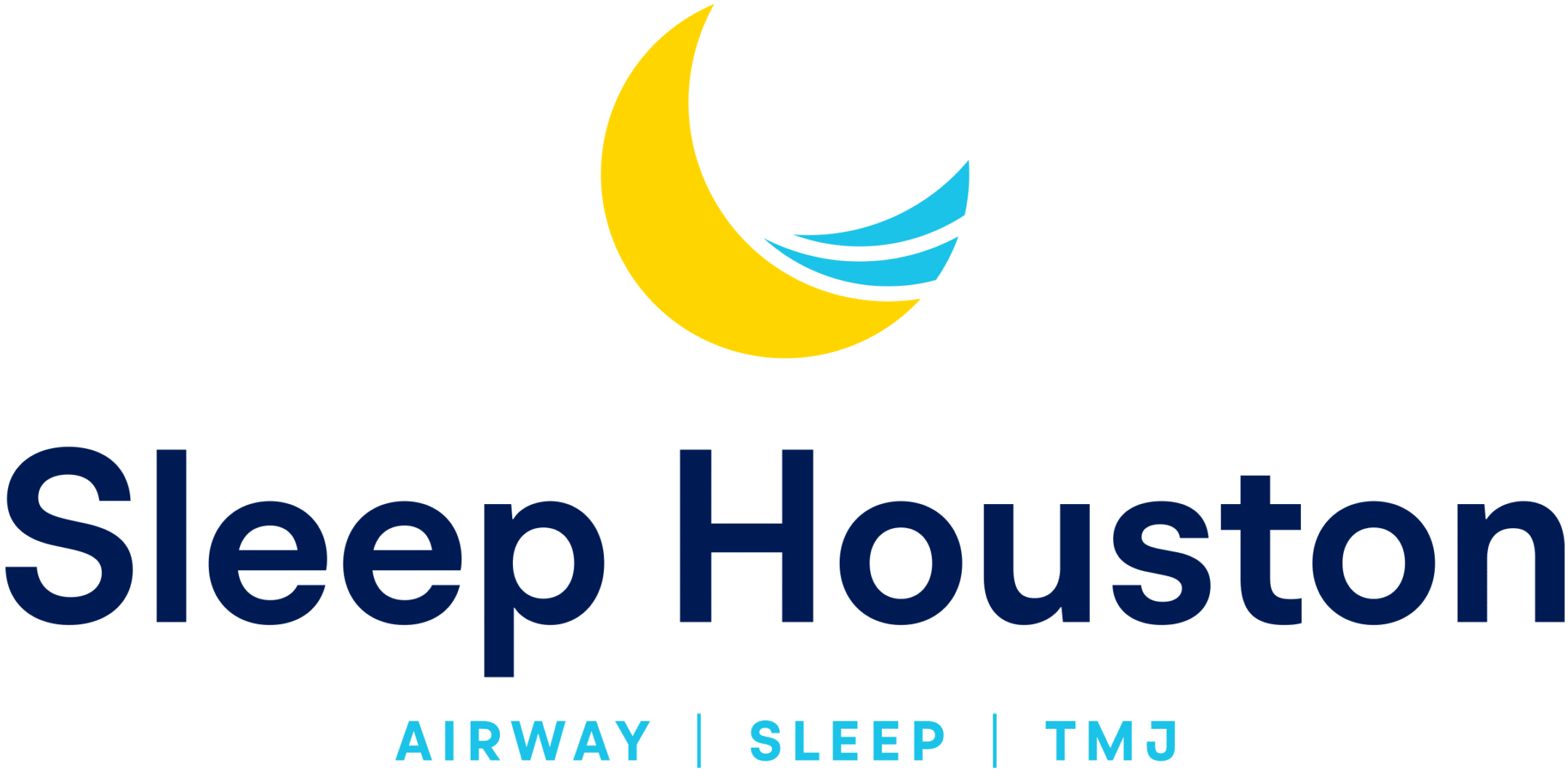Understanding the Effects of Oxygen Depletion with Sleep Apnea on the Brain
written by Dr. Hans Schleicher DDS of Sleep Houston
Sleep apnea is a common sleep disorder characterized by interrupted breathing during sleep,
leading to oxygen depletion. While the impact of sleep apnea on overall health is well-known, its
effects on the brain are often overlooked. In this blog post, we will explore the consequences of
oxygen depletion due to sleep apnea on brain health, cognitive function, and mental well-being.
During an episode of sleep apnea, the airway becomes partially or completely blocked, causing a
temporary pause in breathing. These pauses can last for 10 seconds or longer, leading to reduced
oxygen levels in the blood. Oxygen is vital for the proper functioning of all organs, including the
brain. When the brain does not receive an adequate supply of oxygen, it can result in various
detrimental effects.
Impact on Brain Health
Oxygen depletion due to sleep apnea can have profound
consequences on brain health. Studies have shown that individuals with sleep apnea are at a
higher risk of developing conditions such as Alzheimer's disease, dementia, and cognitive
decline. The lack of oxygen can lead to the accumulation of amyloid-beta plaques and tau
tangles, which are hallmark signs of neurodegenerative diseases. Additionally, oxygen
deprivation can damage brain cells, impairing their ability to communicate effectively and
impacting overall brain function.
Cognitive Function and Mental Well-being
The effects of sleep apnea-induced oxygen depletion on cognitive function are significant. Individuals with untreated sleep apnea often experience daytime sleepiness, difficulty concentrating, memory problems, and reduced cognitive performance. These cognitive impairments can affect daily activities, work productivity, and overall quality of life. Moreover, sleep apnea has been linked to mood disorders such as depression and anxiety. The chronic lack of oxygen can disrupt the balance of neurotransmitters in the brain, leading to changes in mood regulation. Sleep apnea-induced oxygen deprivation can also exacerbate existing mental health conditions, making it crucial to address this sleep disorder for both brain health and mental well-being.
Continuous Positive Airway Pressure (CPAP) therapy is considered the gold standard treatment for obstructive sleep apnea. It involves wearing a mask connected to a machine that delivers a continuous flow of air, keeping the airway open during sleep. Unfortunately, 0ver 65% of patients prescribed CPAP cannot tolerate the machine and are left being untreated, placing them at risk and compromising their health.
Oral Appliance Therapy (OAT) is another treatment option for sleep apnea. This therapy involves wearing a custom-made oral appliance, similar to a mouth guard, during sleep. The appliance helps to reposition the jaw and tongue, preventing the collapse of the airway and promoting proper airflow. The FDA approves of OAT for patients with mild/moderate OSA, improving oxygen levels during sleep.
Conclusion
Sleep apnea-induced oxygen depletion can have detrimental effects on brain health, cognitive function, and mental well-being. Understanding these consequences is crucial for individuals with sleep apnea and the healthcare professionals who treat them. By seeking appropriate treatment, such as CPAP therapy or oral appliance therapy, individuals with sleep apnea can improve their overall brain health, cognitive function, and quality of life. Consult with a healthcare professional to determine the most suitable treatment option based on individual needs and preferences.

